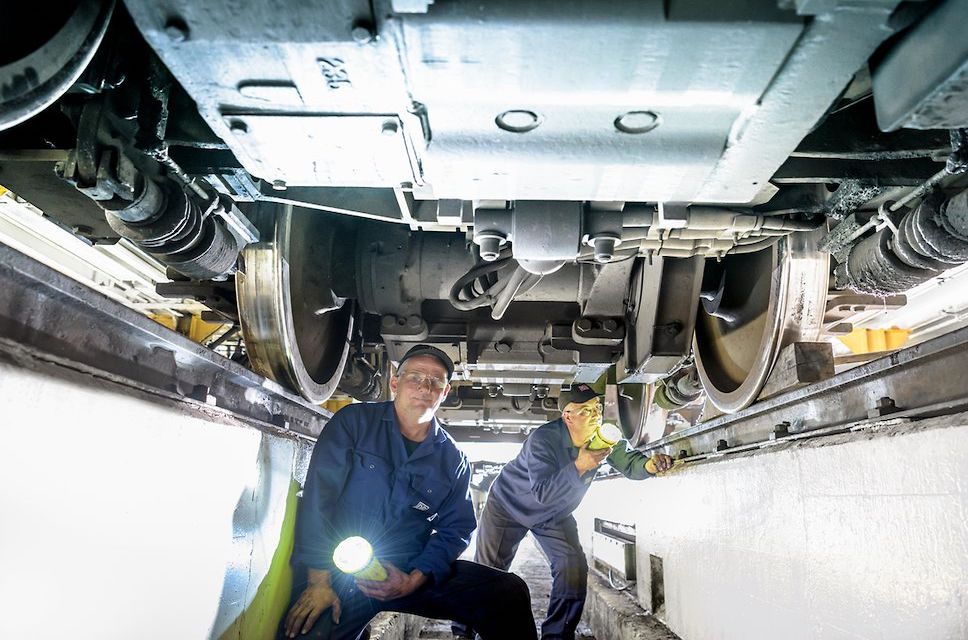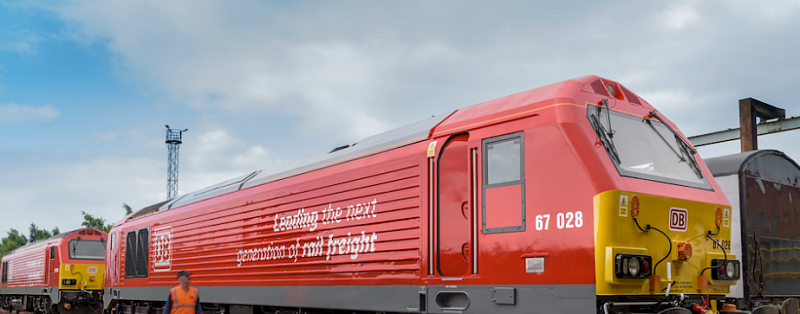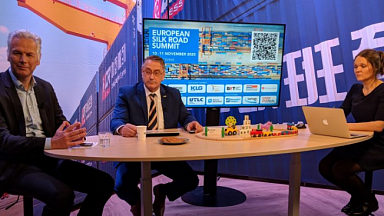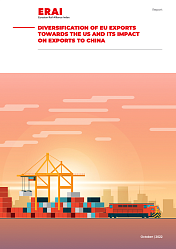DB Cargo UK has successfully trialled the use of ‘one-hundred per cent’ renewable Hydro-treated Vegetable Oil (HVO) as part of a rolling programme of decarbonisation across its fleet and operations. The company has today revealed that tests have been underway at their load bank facility at Toton Traction Maintenance Depot in Nottinghamshire in the English Midlands. The static tests were carried out, with traditional, mineral derived diesel fuel substituted with the more environmentally-friendly HVO fuel. A Class 67 locomotive has been extensively tested, with monitoring showing no adverse impact on the performance on the 3,200bhp engine.
Stringent measures demand innovative solutions
Having successfully lab-tested a locomotive under controlled conditions, DB Cargo UK is now set to move on to field trials, with both heavy duty class 67 locomotives, and the ubiquitous class 66 to be put through on-track testing of the HVO fuel. Further tests are also planned for the company’s fleet of Class 60 locomotives, say DB.

HVO — Hydro-treated Vegetable Oil — is marketed as «one of the world’s purest and greenest fuels». It’s synthetically made through the hydro-treatment process from vegetable oils or animal fats which significantly reduces harmful carbon dioxide (CO2) and nitrogen oxide (NOx) emissions when used in diesel vehicles and machinery. With stringent measures being introduced by the UK government, there is pressure on all areas of industry to eliminate carbon from their activities. With rail freight in the UK still very dependent on diesel traction, and the prospect of full electrification of the UK rail network still some way in the future, DB and other operators are looking for cost effective ways of reducing their carbon footprint in the short term. Alternative fuels for existing capital assets makes economic sense, and makes decarbonisation a more realistic ambition.
Collaborating with fuel technology specialists
The UK government has set the rail industry a target to achieve net zero carbon emissions by 2050. DB Cargo UK chief executive Andrea Rossi described the results as extremely promising, with the potential to significantly reduce the company’s carbon footprint and reliance on fossil fuels. «As the UK’s largest provider of rail logistic solutions operating the largest fleet of locomotives, we have a responsibility to our customers and to society in general to continuously look for more sustainable ways of operating and minimise our impact on the environment.

The results also pleased Rossi’s colleague and head of asset management and maintenance, Steve Wilkinson, who has been overseeing the trials. He said the company was collaborating with specialists in the development of HVO fuel, who already worked with industry at large, including familiar companies like Caterpillar, John Deere, Volvo and Mercedes-Benz. «We are very pleased with the initial performance of the HVO fuel which we could use instead of or alongside traditional red diesel», said Wilkinson — making reference to the dye used to distinguish commercial fuel from retail supply, which carries a different tax. Wilkinson noted that as the HVO fuel is compatible with diesel, investment in new storage and fuelling facilities would be kept to a minimum. «On top of that, it performs well at low temperatures, has a longer lifespan and is biodegradable,» he added.
DB Cargo UK currently operates 228 diesel and electric locomotives that transport in the region of 37 million tonnes of freight each year across the UK and into Europe. It uses approximately 45 million litres of red diesel each year.





